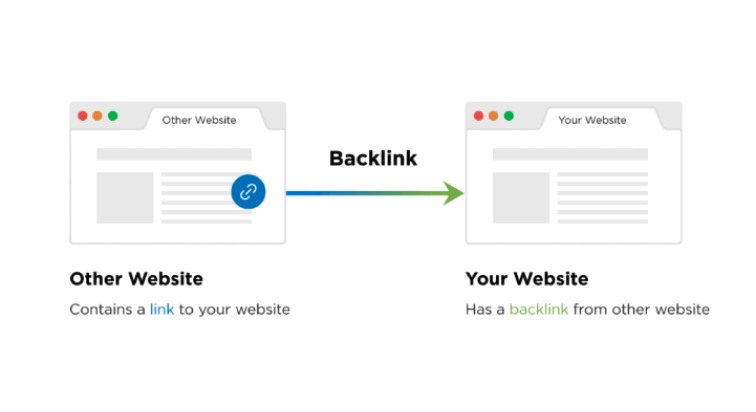It’s a common saying that life doesn’t give you what you want, it only gives you what you deserve.
The same can be said of your SEO rankings.
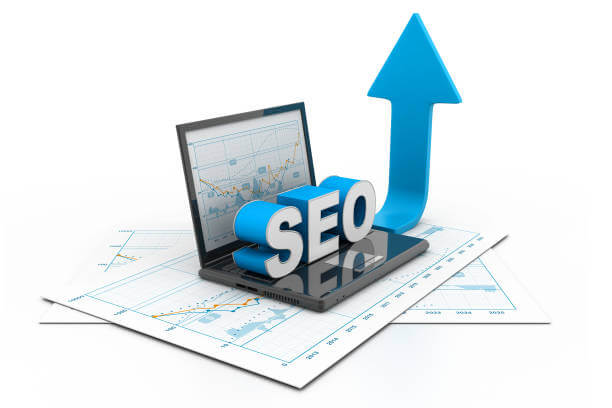
You can have a website, but if you don’t employ good SEO strategies, your rankings will be poor.
That’s why it’s important to put in conscious efforts to improve your SEO ranking.
With the continuous expansion in the eCommerce industry, many online store owners wonder how they can use potent SEO strategies in the search for organic traffic.
Cheer up, as that’s what this article will be about.
Therefore, sit tight as you learn about practical ways to improve your SEO ranking fast.
10 Ways to Fast Boost Your SEO Ranking
Here are nine ways of boosting your website’s SEO ranking fast:
- Reviews Help you Improve Site Ranking
- Boost Your Website’s Loading Speed
- Track metrics with Google Analytics
- Latch on to On-Page SEO Factors
- Update Old Content to strengthen SEO Traffic
- Produce high-quality content.
- Dwell Time Improvement
- Create a Mobile-Friendly Atmosphere
- ObtainQuality Backlinks
- Improve Descriptions and Titles.
1. Reviews Help you Improve Site Ranking
Customer reviews are more than just a sign of trust in the customer, they can also provide a potential SEO ranking boost. Reviews, in today’s competitive SEO environment, are the way to build loyalty, sales, and traffic to your brand. According to @sewatch:
90% of consumers read reviews before visiting a business
72% of consumers don’t act until they see a positive review
88% of consumers believe that online reviews are like personal recommendations
Five ways to improve your store sites ranking
- Display reviews on your website
Customer reviews are a potential source of content for your site properties. By presenting them on your site with Ryviu, you can enrich your content while adding relevant text to your page, both of which can help improve organic page rank.
- Highlight off-site SEO
Regarding Moz.com, off-site SEO-related factors such as third-party reviews contain more than 50% of the weight of ranking. Factors such as relevance, credibility, and authority can always affect a page’s ability to run.
- Reviews as referral traffic
Focusing on referral traffic can support your SEO efforts by building strong organic traffic.
- Star ratings for higher rank
Having 4-5 star reviews will draw more attention to your product page and give your company an edge.
- Reviews Drive CTR
Customers will always prefer to click on the highly rated link when choosing from alternative products. The more hits & CTR, the higher ranking provided, since Google will see your business as valuable.
Use Ryviu to Benefits Your Online Reviews
Increase sales and conversion
Develop brand awareness
Build Loyalty & Reputation
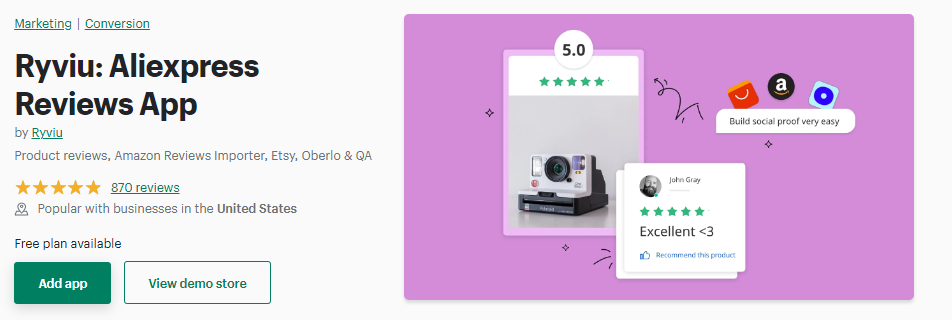
2. Boost Your Website’s Loading Speed
It is a good SEO strategy to have web pages that load quickly. Your target should be three seconds or earlier.
The slower the load speed of your web pages, the lower your Google ranking, because Google places a high emphasis on loading speed and it is a key ranking factor.
But aside from your Google ranking, slow speed rates affect the quality of the interaction your visitors have with your pages.
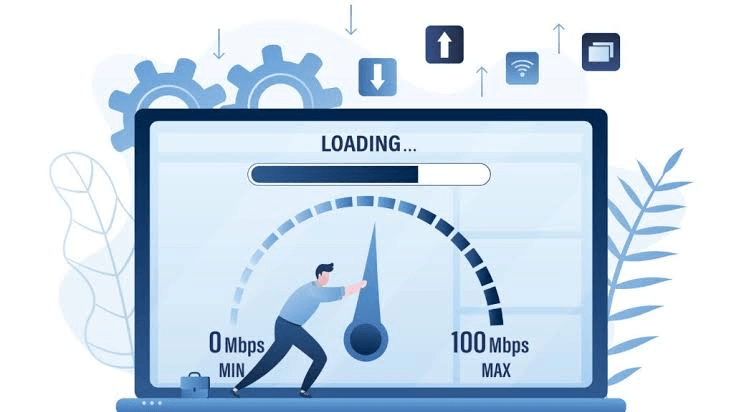
Nobody wants to stay and wait for your web page to load. In short, if your pages don’t load within three seconds, your visitors will leave faster than they entered your site.
That will, of course, increase your bounce rate, which is terrible for your business.
Due to such negative interactions, it, therefore, hurts your ranking as well.
Several studies have revealed that sites that rank at the bottom load slower than those at the top, meaning sites ranking at the top are significantly faster compared to those ranking at the bottom.
A website that loads slowly is one of the major causes of high bounce rates.
Moreover, the normal human attention span lingers for about eight seconds.
This means retaining a fast site is more important than ever.
In compliance with Google, “speed equals revenue,” which virtually means that slow loading periods heighten the odds that your visitors are likely to vacate your page.
Furthermore, slow loading pages not only degrade user experience but also the performance of Google crawlers.
Google will rank sites lower if performance is poor.
Therefore, you should optimize your website so that organic traffic will increase and your search engine ranking will improve.
How to Increase Speed to Strengthen SEO Rankings
- Use buffering platforms to curtail resource usage on your site.
- Optimize all your visual elements, like images and videos. Ensure they are in the required format and size. Use images with smaller sizes and a JPEG or PNG format.
- Avoid JavaScript as much as possible.
- Use occasional external sources or anything that yanks data from another website.
Remember, Google is all about providing “quality” results, which include site speed and overall performance.
Here’s a pro tip—check out the speed of your web pages using Google’s Page Speed Insights page. You should do it for both your desktop and mobile sites.
3. Track Metrics With Google Analytics

Learning how to understand and track metrics from Google Analytics is an essential SEO strategy.
The metrics help you get good information about the behavior of your visitors and how you are ranked, which aids you in creating better content for them.
Some of these metrics include:
- What web browsers are your guests logging in from? Improve the user experience by knowing the browsers your visitors use and modifying your web design to suit them.
- The most prevailing device users tour your site with Do your consumers commonly visit your site from a desktop or mobile device? Understanding this allows you to develop content modified to the most used screen size, which strengthens the overall user experience.
- Recommendation Traffic: Google Analytics provides information that tells you where your website visitors come from. That means you can know your traffic source, whether from organic traffic, direct traffic, or paid traffic.
- Understand your competition/ rivalry: You can get insights into the traffic of your competitors and use that data to work out how you’ll modify your content strategy to be more productive. That implies making use of gaps in your competitors’ strategies to meet customers’ needs in ways the competitors are not doing.
- Know what your customers are doing when they enter your website: You should carefully examine which of your web pages constantly bring visitors in, the number of pages they tour, how long they spend on your site, and where they leave. These details are important because with them you can track the pathway of your visitors on your site so that you can create more SEO-friendly content for them.
4. Latch on to On-Page SEO Factors
Another big step to take that’ll improve your SEO ranking fast is jumping onto the on-page SEO train.
Google uses your page address and meta title to get information about your content.
To score a good SEO boost, ensure your URLs and meta titles are short and very clear. They should also be relevant to the target keywords you want your website’s content to rank for.
Some may argue that meta descriptions don’t have a direct bearing on your rankings, which is true. But the catch here is the word “direct.”
Even though their role is not direct, they play that role well indirectly.

Meta descriptions play a massive role in determining whether or not a user clicks on your website.
That’s because they provide potential visitors with an idea of what your web page content will be like and if it’s relevant to their search query.
Some may argue that Google does not use your meta description, but this is only true 30% of the time.
In 70 percent of cases, Google still uses the meta description you provide as long as it is relevant to the user’s search query.
It’s also good practice to keep your meta description character count around 150 so that the extra characters don’t get chopped off by Google.
Here are some of the best tips to keep your meta description and title as SEO-friendly as possible:
- Make sure your structure is consistent.
- Keep fluff and superfluous terms at arm’s length. They should be short, clear, and straight to the point.
- Enrich them with keywords, but don’t fall prey to keyword stuffing. Remove all stopwords from your titles.
5. Update Old Content to Strengthen SEO Traffic
You must update your content regularly. Some reasons include:
- By updating your older content you improve your website ranking.
- There are more updates on the topic.
- Additionally, you might have forgotten the necessary aspects that will assist the reader so you want to include them.
- Possibly, you may have discovered new SEO procedures that will improve the article’s appearance on Google.
- It could also be that you found out users are seeing your article but not clicking it due to poor titles or meta descriptions.
- Additionally, you may have improved your writing skills over time.
These are a few reasons why you should review your content from time to time to improve your ranking as well as offer better services.
If you don’t update your content regularly and users tour those past contents, it could affect the user experience, which will influence the search results.
Enriching old content will stimulate SEO. You should never underrate the importance of updating older articles.
It’s not good to have users come to your website and see content that is five years old.
There goes your user experience and organic traffic.
6. Develop High-Quality Content

If you want the heightened possibility of your website being bookmarked by visitors, then create high-quality and relevant content.
To steer extra traffic to your website and accelerate its popularity, give visitors a reason to keep coming back.
Your content needs to be high-quality, current, and relevant to them, and that’s a reason to keep on revamping with time.
7. Improve Dwell Time
Dwell time is the amount of time a user spends on your page or site per visit.
When you have content that is new, valuable, and relevant to their search queries, you will retain visitors to your web page for longer periods.
That will improve your dwell time, reduce your bounce rate, and drive up organic traffic.
Websites that deliver highly informative content generally have longer dwell times.
Additionally, dwell time is a ranking factor Google considers when ranking web pages on search engine result pages.
After all, if a visitor hastily hops off from your page, it sends a clear message to Google that that visitor doesn’t find your page relevant to the search query.
Therefore, your page will feature low on Google’s search engine results pages.
To summarize, you should aim to have a high dwell time, which will improve your SEO rankings and help generate more organic traffic.
8. Create a Mobile-Friendly Interface
It’s no longer news that mobile devices make up a large percentage of users on the Internet.
This implies that the contents of your web pages have to be mobile-friendly if you want to engage those users.
However, you’ll need more than a responsive design.
Some technologies and formats are not compatible with smartphones.

Presently, it’s now about speed and efficiency.
Can a user browse the text without having to zoom in and out of your web page interface?
Is the navigation bar easy to manage on a high-pixel-wide exhibit?
Do you feature touchable controls on your web pages that are simple to use?
These are a few valid approaches to take into account when developing your website.
Furthermore, Google’s PageSpeed Insights is a useful tool.
This tool will scan your web pages, giving you a detailed report and scrutinizing the regions you are expected to fix for much-improved mobile friendliness.
9. Obtain Quality Backlinks
This tactic is another powerful SEO strategy.
Each time a valuable website with authority and expertise links back to the contents on your site’s web pages, the search engine is told that your content is valuable.
If you build stellar content, people will want to backlink to your website.
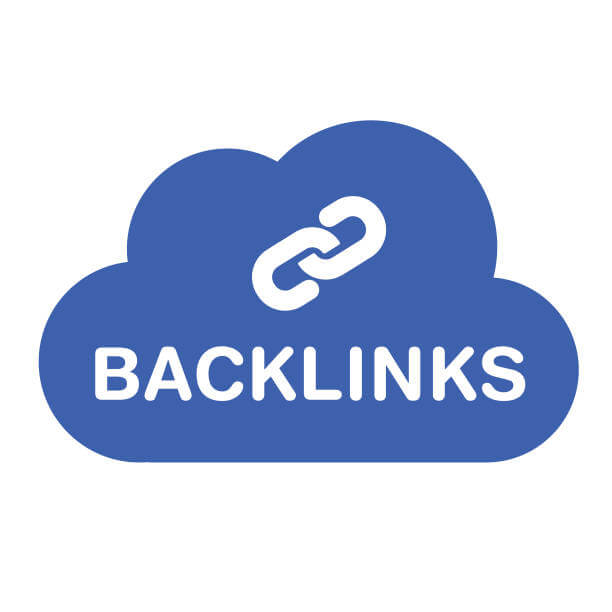
Here are some useful tips on how to develop your backlink portfolio:
- Directories lists: make an offer to websites and give expertise and high-quality content for curating lists in your niche.
- Shareable Content: create social media links. Their shares are a sharp way to produce backlinks.
- Newsworthy content and publisher alliances.
- Follow the trends.
Getting backlinks requires plenty of work.
So, backlinks will improve your SEO ranking on Google’s search engine results pages, so you shouldn’t underestimate them.
10. Improve Meta Description and Titles
You should create appealing titles that are optimized for the human eyes.
You also need to assess how search engines like Google will read the page.
By including your keyword phrases and primary keywords in the title as well as the description, you optimize them for better Google rankings.
Additionally, Google will better comprehend what your content is all about.
Using long key phrases rather than single keywords is also good practice.
44.7 percent of Google’s top 10 search results have key phrases of about five or more additional words.
If you include these phrases in your meta description and titles, you fine-tune how Google comprehends your content.
Furthermore, you’ll get more organic traffic because visitors can see from the result pages what your website is about.
It’s very necessary to provide users with exactly what they are searching for, and your titles and meta descriptions are the initial impressions they’ll see.
The Top Tools Pros Use to Elevate SEO Rankings
In the quest for higher rankings on Google search engine result pages, there are tools you’ll need to enable you to meet your desires.
Some of them are:
- Best Overall SEO Software–SEMRush
- Best SEO Plugin for WordPress – Yoast
- Best Advanced SEO Software – Ahrefs
- Best SEO Crawling Software – Screaming Frog
- Best Outreach Software – Pitchbox
Conclusion
Search engine optimization consumes a lot of time, but it is still an undoubted aspect of owning a successful website.
Nonetheless, the hard work is worth undertaking because, with this, you can steer thousands of organic visitors to your website or blog.
By keeping up to date with modifications to the search engine optimization algorithm and implementing any changes, you can improve your SEO ranking.
Lastly, you should pay close attention to your website, user experience, and Google’s SEO algorithms.
Never presume that what works today will work tomorrow.




